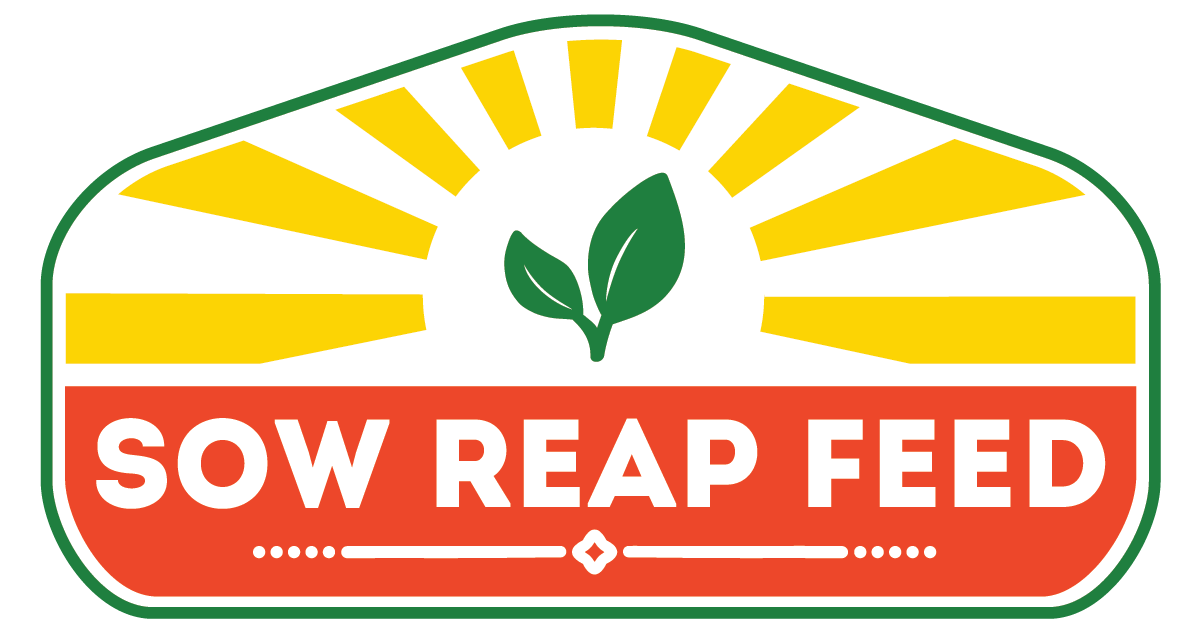How to Write a Reflection Paper: A Comprehensive Guide
Welcome to our comprehensive guide on how to write a reflection paper. Whether you're a high school student, a college student, or simply someone looking to explore the world of self-expression through writing, this guide will provide you with the essential tools and knowledge you need. In this article, we'll cover the structure, dos and don'ts, and address common questions about reflection papers.
Understanding the Basics
Before we dive into the specifics of writing a reflection paper, let's understand the basics. A reflection paper is a unique type of academic writing that combines objective analysis with your subjective opinion. It prompts you to articulate your thoughts on a subject, often based on personal experiences or materials you've studied. Here's a breakdown of the key elements:
Choosing a Relevant Topic
To begin, select a topic that resonates with you. It could be a life-changing event, a book, a movie, or any experience that left a significant impact. Ensure it's a subject that allows for self-reflection and critical thinking.
Writing in the First Person
When writing a reflection paper, it's acceptable to use the first-person point of view. This allows you to express your personal thoughts and feelings while analyzing the topic. Remember, this paper is about your perspective.
Organizing Your Thoughts
Proper organization is crucial in a reflection paper. You want your readers to follow your journey of self-discovery. Start with an introduction that sets the stage, followed by the body where you delve into your experiences and insights. Finally, conclude with your key takeaways and lessons learned.
Dos and Don'ts of Writing a Reflection Paper
Now that you have a basic understanding, let's explore some dos and don'ts to help you craft a compelling reflection paper.
Do: Be Honest and Authentic
Authenticity is key in reflection papers. Be honest about your thoughts and emotions. Readers appreciate genuine reflections.
Don't: Summarize Only
Avoid the temptation to simply summarize the topic. Reflect on it, analyze it, and share your unique perspective.
Do: Use Proper Grammar and Structure
Maintain a clear and organized structure. Check for grammar and spelling errors to ensure your paper is easy to read.
Don't: Overwhelm with Details
While sharing your experiences, focus on the most relevant details. Don't overwhelm your readers with unnecessary information.
Do: Reflect on Lessons Learned
Highlight the lessons you've gained from your experiences. Reflect on how they have influenced your personal growth.
Don't: Neglect Proofreading
Proofread your paper before submission. Typos and errors can distract from your message.
Frequently Asked Questions
Let's address some common questions about writing reflection papers.
Q: How long should a reflection paper be?
A reflection paper typically ranges from 300 to 500 words for shorter assignments and can go up to 1500 words for more extensive projects.
Q: Can I use personal anecdotes in my reflection paper?
Yes, personal anecdotes can enhance your reflection paper. They provide context and depth to your reflections.
Q: Is it necessary to use academic sources in a reflection paper?
It depends on your assignment's requirements. Some reflection papers may require references to support your analysis, while others may focus solely on personal experiences.
Final Thoughts
In conclusion, writing a reflection paper is a journey of self-discovery and personal growth. Remember to choose a meaningful topic, be authentic in your writing, and reflect on the lessons learned. By following the dos and don'ts outlined in this guide, you'll be well on your way to crafting a compelling reflection paper that resonates with your readers.
Useful Resources: https://www.creepypasta.com/how-to-write-a-scary-story/
